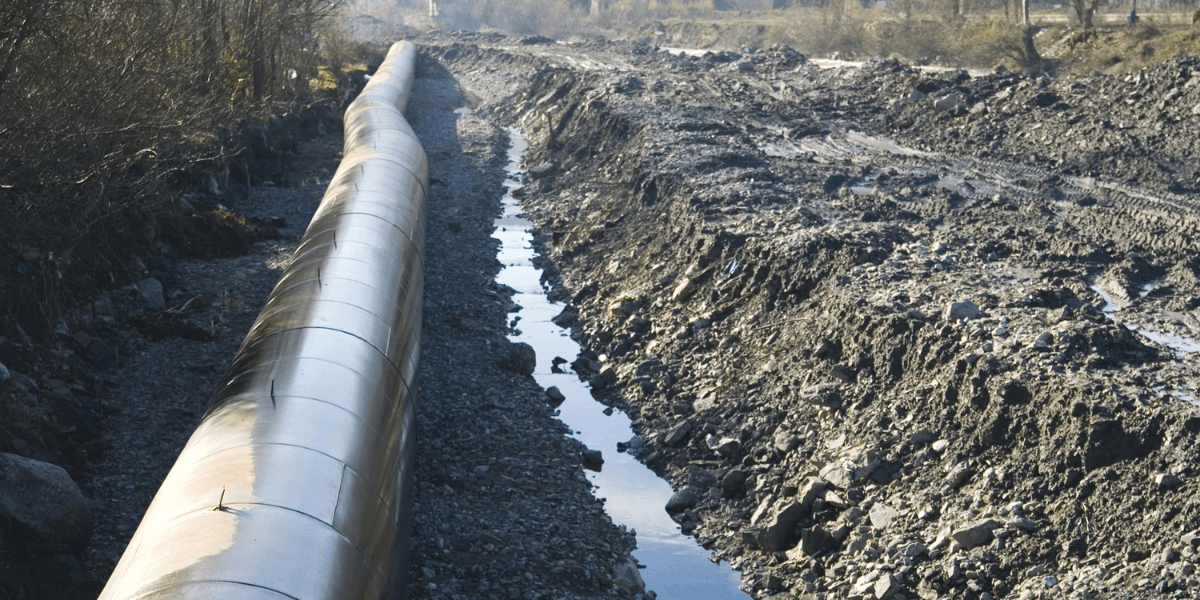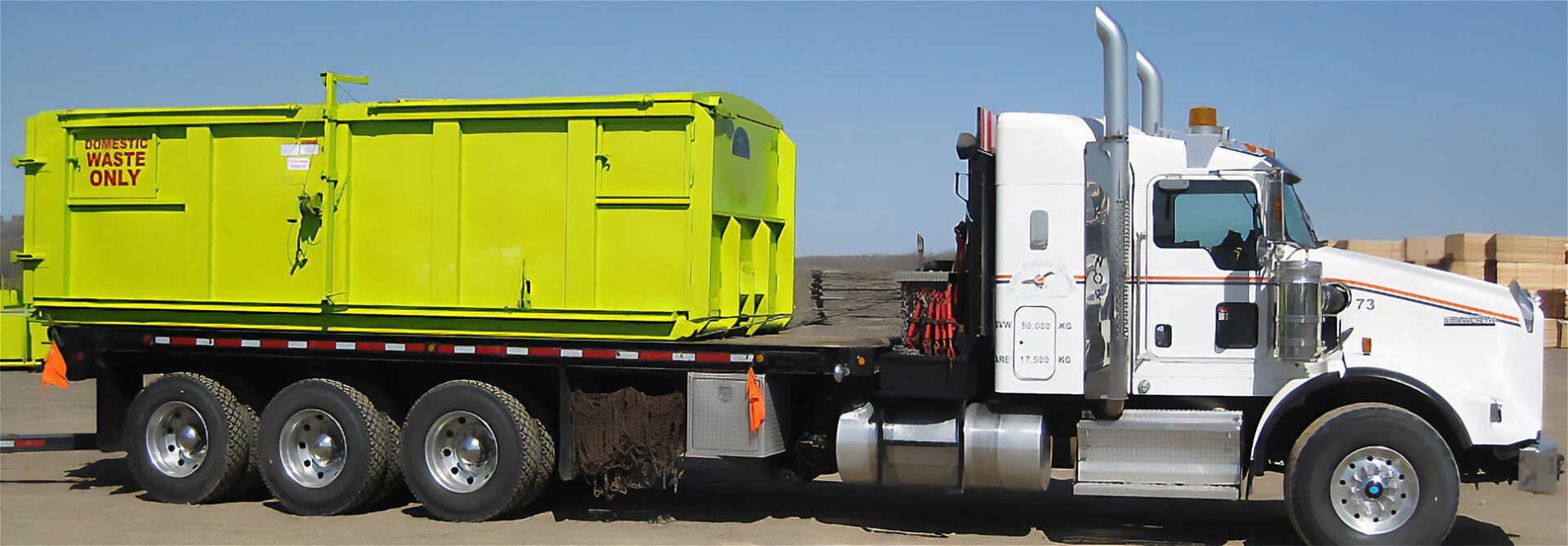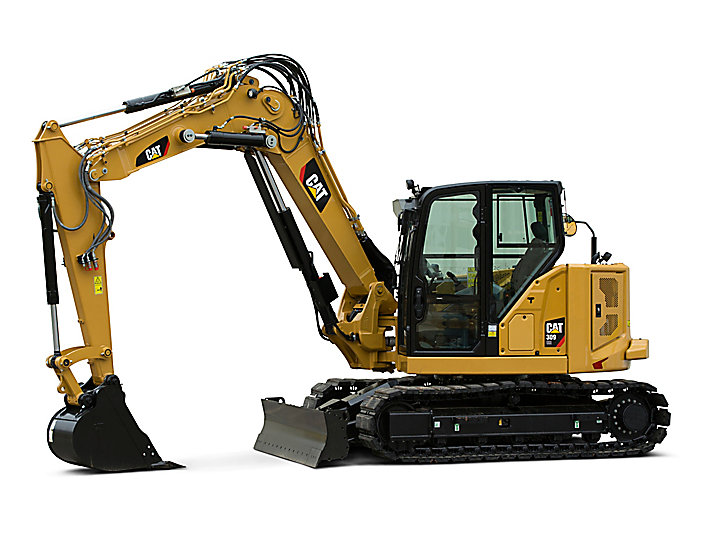Superior rentals squeeze tools: common mistakes to avoid
Wiki Article
A Comprehensive Overview to the Various Sorts Of Oil Field Equipment and Pipeline Equipment Available
The oil and gas industry counts heavily on customized devices for effective extraction and transport. Numerous types of equipment, from piercing rigs to storage tanks, play essential duties in this complicated process. Each tool serves distinct functions that add to general functional success. Understanding these parts is essential for any individual associated with the field. As the sector evolves, so also do the technologies that support it. What improvements are on the perspective?
Drilling Rigs: The Backbone of Oil Expedition
Drilling rigs act as the essential equipment in the domain name of oil expedition, making it possible for firms to gain access to hydrocarbon books buried deep below the Earth's surface area. These rigs come in various kinds, consisting of land rigs, offshore rigs, and mobile devices, each created to operate in specific environments. Outfitted with advanced modern technology, piercing rigs can pass through geological developments with accuracy, making certain effective source extraction. The structural honesty and operational capacities of these rigs are crucial, as they must endure severe problems and significant stress. The selection of a drilling gear influences the total task cost and timeline, making it a crucial factor to consider for oil companies seeking to optimize their exploration efforts and make the most of efficiency in their procedures.Pumps: Crucial for Liquid Activity
In the oil removal procedure, the duty of pumps is substantial, helping with the motion of liquids throughout various phases of manufacturing. Pumps are important for transferring crude oil, water, and other liquids from below ground storage tanks to the surface area and after that via pipes to refineries. They can be found in numerous kinds, consisting of centrifugal, favorable displacement, and completely submersible pumps, each offering details objectives based upon the fluid qualities and operational needs. Centrifugal pumps are generally made use of for their performance in high-flow applications, while favorable variation pumps master dealing with viscous liquids. The option of pump impacts overall performance, functional safety and security, and maintenance costs. Correct option and upkeep of pumps are essential for maximizing manufacturing and minimizing downtime in oil area procedures.Shutoffs: Controlling Flow and Pressure

Shutoffs play a vital role in taking care of the flow and stress of liquids within oil areas and pipes. Different kinds of valves offer unique applications, each created to fulfill specific features essential for effective procedure - Superior Rentals midland. Recognizing the characteristics and uses of these shutoffs is crucial for optimizing system performance and security
Kinds of Valves
Essential components in oil field operations, valves play an important duty in controlling the circulation and pressure of liquids within pipes and devices. Different kinds of shutoffs are made use of to satisfy the varied needs of oil and gas manufacturing. Common types include gateway shutoffs, which give a straight-line circulation and marginal stress decline; world shutoffs, understood for their strangling abilities; and sphere valves, acknowledged for their fast on/off control. Additionally, check shutoffs protect against heartburn, while butterfly shutoffs use a lightweight service for controling flow. Each shutoff kind is made with certain products and configurations to hold up against the harsh conditions often found in oil areas, making certain integrity and performance in operations. Comprehending these types is crucial for effective system management.Valve Applications and Functions
While numerous kinds of valves offer unique purposes, their primary applications focus on managing flow and pressure within oil and gas systems. Shutoffs such as gateway, world, and sphere valves control fluid activity, making sure peak performance and safety and security. Entrance valves are generally used for on/off control, providing marginal circulation resistance. World valves, on the other hand, deal precise flow policy, making them suitable for strangling applications. Round shutoffs are favored for their quick procedure and limited sealing capacities. In addition, stress safety valve are important for avoiding system overpressure, guarding equipment honesty. In general, the ideal selection and application of valves boost functional effectiveness, making certain the reputable transportation of oil and gas through pipelines and handling facilities.Compressors: Enhancing Gas Transport
Compressors play a critical role in the effective transportation of gas, guaranteeing that it relocates smoothly with pipes over lengthy distances. These gadgets raise the stress of gas, permitting it to conquer rubbing and elevation adjustments within the pipeline system. Furthermore, compressors help with the harmonizing of supply and demand, suiting fluctuations in intake and production prices. Various kinds of compressors are employed in the market, including centrifugal, reciprocating, and rotating screw compressors, each offering distinctive benefits based upon the operational demands. Routine upkeep of these compressors is important to make best use of effectiveness and minimize downtime, ultimately contributing to a trustworthy gas transport network. Their essential feature underscores the significance of compressors in the overall oil and gas facilities.Storage Tanks: Safe and Reliable Fluid Administration
Efficient transportation of all-natural gas counts on different sustaining systems, one of which is the proper monitoring of tank. These storage tanks play a crucial function in safely having liquids, guaranteeing that operational effectiveness is preserved while decreasing ecological dangers. Created from resilient products, they are made to stand up to high pressures and corrosive components. Correctly sized and purposefully located, tank promote the smooth flow of natural gas and other liquids, stopping bottlenecks in supply chains. Normal maintenance and surveillance are essential to detect leakages or structural concerns, promoting safety and security and compliance with regulative standards. Inevitably, the efficient monitoring of tank is important for the overall stability and reliability of the oil and gas sector's fluid handling systems.
Pipeline Equipments: Infrastructure for Transport
Pipeline systems function as the backbone of the oil and gas market, helping with the efficient transport of hydrocarbons over substantial ranges. These systems contain various components, consisting of pipes, valves, pumps, and compressors, all diligently made to assure smooth circulation. The products used in pipeline building and construction, typically steel or high-density polyethylene, are picked for toughness and resistance to corrosion. Pipeline networks can cover throughout land and water, connecting production websites to refineries and circulation centers. Furthermore, progressed modern technology enables real-time tracking of flow rates and stress levels, improving functional effectiveness. The strategic positioning of these pipes decreases ecological impact while maximizing resource availability, consequently playing an essential role in meeting energy demands worldwide.Security Equipment: Making Sure Employee and Environmental Management
The procedure of pipeline systems, while vital for power transportation, likewise offers significant security difficulties for employees and the environment. Security tools plays a significant role in alleviating these threats. Individual protective devices (PPE) such as safety helmets, handwear covers, and non-slip shoes safeguards workers from physical hazards. Additionally, gas discovery systems check for leakages, making sure that harmful substances do not posture a danger to workers or the bordering ecological community. Emergency situation shutdown systems are crucial for rapidly stopping operations throughout a dilemma, protecting against potential disasters. Spill control materials, consisting of absorbents and barriers, are basic for lessening environmental influence. Generally, purchasing all-encompassing security equipment is critical for preserving operational honesty and safeguarding both employees and the environment in the oil and gas field.
Frequently Asked Concerns
Exactly how Do I Select the Right Oil Field Equipment for My Job?
Selecting the ideal oil area devices includes examining job specs, budget plan restrictions, and operational demands. Think about elements such as tools integrity, compatibility with existing systems, and the distributor's online reputation to assure peak efficiency and security.What Are the Maintenance Requirements for Oil Field Equipment?
Upkeep needs for oil area equipment include regular inspections, lubrication, and timely fixings. Operators should additionally follow supplier standards, monitor performance metrics, and warranty compliance with security guidelines to boost longevity and effectiveness.
How Can I Ensure Conformity With Environmental Laws?
To guarantee conformity with environmental guidelines, firms must conduct routine audits, carry out ideal techniques, buy training, maintain appropriate paperwork, and remain upgraded on legislation (Superior Oilfield pipeline equipment rentals). Collaboration with environmental companies can likewise improve adherence to policiesWhat Is the Typical Lifespan of Pipeline Equipment?
The typical lifespan of pipeline devices generally varies from 20 to 50 years, depending upon factors such as material top quality, environmental problems, and maintenance methods. Normal evaluations can substantially influence long life and operational effectiveness.Just how Do I Safely Carry Oil Field Equipment to Remote Locations?
Transporting oil field tools to remote locations calls for careful planning, consisting of course assessment, securing permits, making use of appropriate automobiles, and guaranteeing safety methods are adhered to. more info Appropriate training and communication amongst staffs are vital for successful transport.Report this wiki page